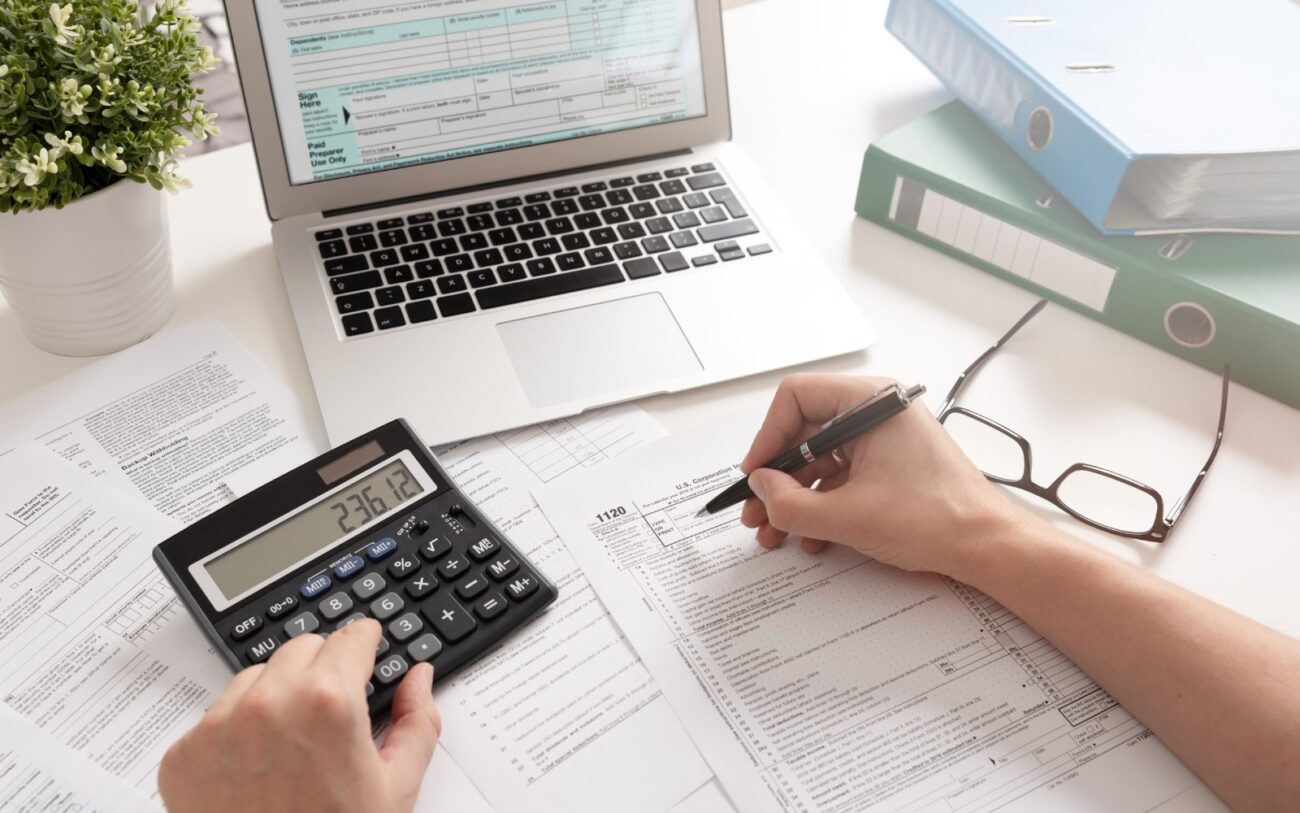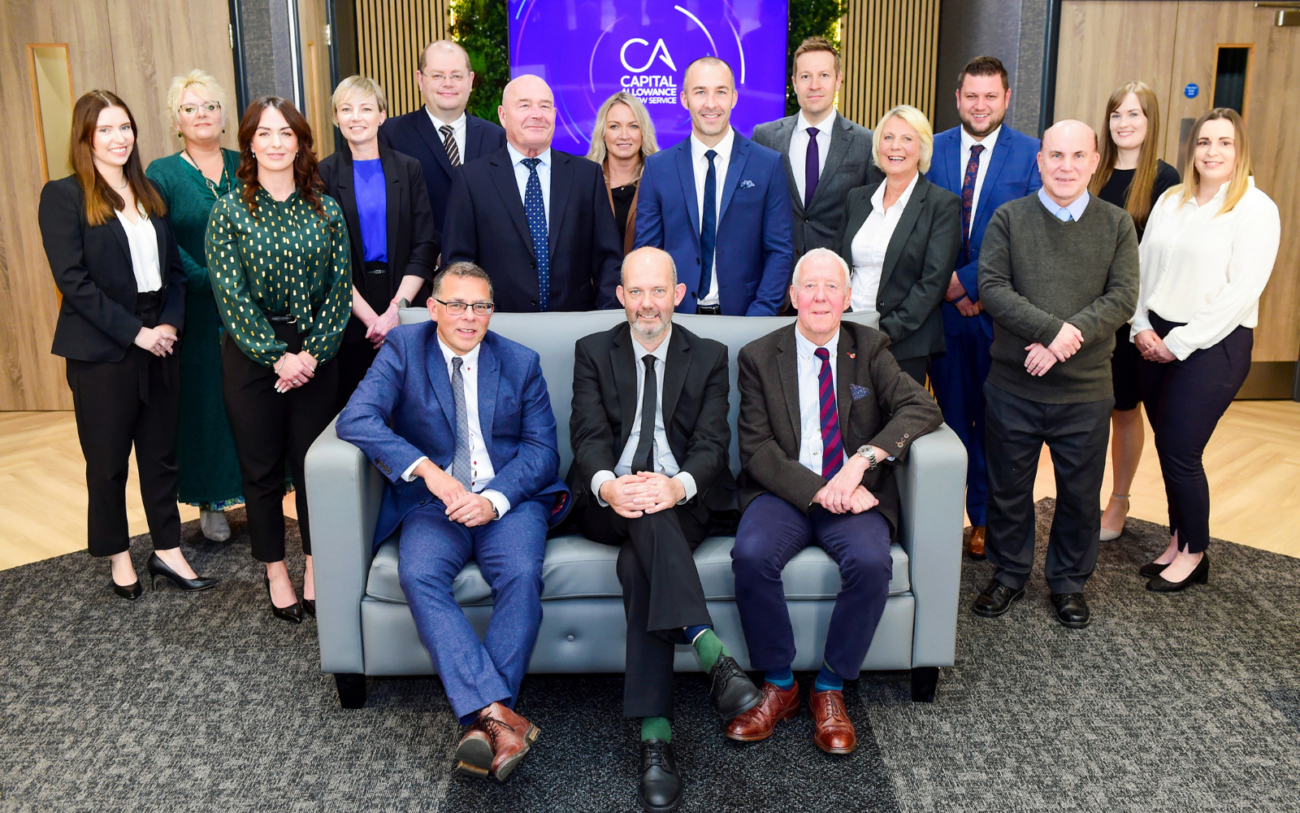Can your business claim capital allowances?

-
Sole Trader
Sole traders CAN claim capital allowances.
As a sole trader, you are considered self-employed, and you can usually claim capital allowances on the capital assets used in your business. The Annual Investment Allowance (AIA) may also be available to allow the full cost of the asset to be claimed in the year of purchase.
To claim capital allowances as a sole trader, you need to include the relevant information in your self-assessment tax return. It’s crucial to keep detailed records of your capital asset purchases, including invoices and receipts, to support your claim. Note that allowances are also normally available on pre-trading capital expenditure, but other than for cars, capital allowances can’t be claimed if you prepare your tax return on a cash basis.
-
Partnerships and Limited Liability Partnerships (LLPs)
Partnerships CAN claim capital allowances collectively, while LLPs CAN claim them as a separate legal entity.
In addition to sole traders, other businesses are also eligible to claim capital allowances. This includes partnerships and limited liability partnerships (LLPs). Again, the Annual Investment Allowance (AIA) may be available, but it should be noted that a Partnership that has a Company as a member is not eligible to claim AIA. It is important to consult with a tax advisor or accountant to ensure you are claiming the correct allowances based on your business structure and the timing of expenditure.
-
Limited Company
Limited companies CAN claim capital allowances.
If you operate your business through a limited company, you can claim capital allowances on qualifying capital assets used for business purposes. This includes machinery, equipment, and certain Embedded Fixtures and Fittings (PEFFs) items within buildings. Also included is qualifying expenditure on renovations and refurbishment. Limited companies can benefit from the Annual Investment Allowance (AIA), which currently provides a 100% deduction on qualifying capital expenditure up to a limit of £1million
To claim capital allowances, limited companies need to include the necessary information in their corporation tax return. It’s essential to maintain accurate records of capital asset purchases and associated costs.
-
Non-Trading Company
In general, non-trading companies CANNOT claim capital allowances.
This is because by definition they are not using capital assets for trading purposes. However, there may be exceptions if the non-trading company incurs capital expenditure for specific purposes, such as the construction of new buildings for future use.
Non-trading companies, investment companies, and dormant companies can typically hold investments, properties, or intellectual property but do not carry out any active trading.
Non-trading companies need to consult with a tax advisor or accountant to determine whether any specific capital allowances can be claimed based on their unique circumstances.
Get in touch with our team to experience the expertise and efficiency that have made us a trusted partner in the industry for over 20 years.
Latest News
-
 5 December 2024
5 December 2024What Are Qualifying Activities for Capital Allowances?
Capital allowances are a key tax relief available to businesses for qualifying activities. They allow businesses to deduct the cost of certain capital expenditures related to these activities from their taxable profits, reducing their overall tax burden. However, not all purchases or investments qualify.... -
 3 December 2024
3 December 2024How Do CARS Assess Capital Allowances?
At CARS, we assess capital allowances and offer businesses and property owners a significant opportunity to reduce their tax liabilities by deducting qualifying capital expenditures. Here at Capital Allowance Review Service (CARS), we provide a thorough process to optimise these claims. Our goal is to...
Contact Us
Our expert team are here to help answer any of your capital allowances questions or enquires you have about your commercial property.




